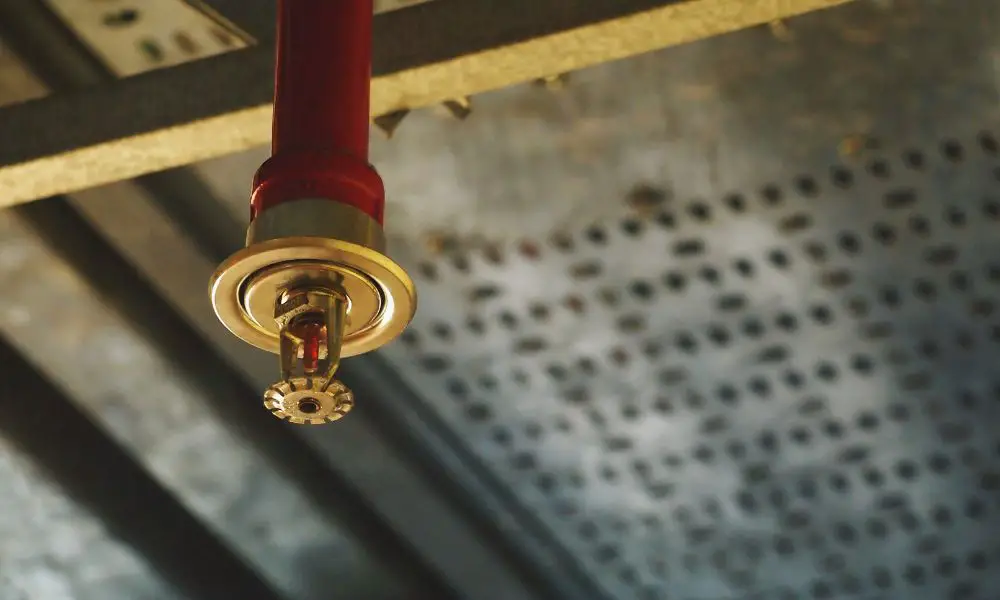

For most of human history, devastating fires were a practical fear and a more common occurrence. Luckily, modern technology included within our homes, businesses, and general buildings help reduce the chances of a small fire becoming more serious. Read on to learn more about the differences between household and commercial fire suppression systems, and how each type helps protect the well-being of countless lives globally.
Single-family and private households aren’t always legally required to include robust fire suppression systems. However, if the property owner chooses to install additional fire-safety measures, the most common choices are water-based, such as fire sprinklers. These residential systems cannot handle high water pressure levels; they primarily mitigate damages and reduce heat. As a bonus, some insurance companies offer discounts for households’ built-in sprinklers. These days, most homes feature concealed sprinkler heads to complement modern interior designs.
Unlike residential safety measures, commercial fire suppression systems are often legally required. These laws include certain apartments and condominiums, office buildings, government buildings, entertainment spaces, and more. Since these buildings are quite large with complex layouts and designs, they require a more robust suppression system with specific installation requirements. In the past, builders typically outfitted older buildings with water-based suppression systems, such as pendent and sidewall sprinklers. However, more industrial environments, like laboratories or manufacturing facilities, may implement a pressurized gas, foam deluge, pneumatic heat detection, or chemical foam suppression system.
As you can see, commercial fire suppression systems are almost always more robust, complex, and advanced compared to their residential counterparts. However, fire safety technology in residential and commercial settings is bound to improve suppression efficacy and capabilities. First and foremost, many states, towns, and cities uphold strict regulations and building codes to ensure their citizens receive the safest living and working conditions. Additionally, as this technology becomes more accessible and affordable, more buildings will feature the best suppression systems, reducing the chances of devastating fires!
Understanding the differences between household and commercial fire suppression systems can give you a greater appreciation of this life and property-saving technology. If you’re interested in improving your building’s fire safety, consult a professional engineer about the best solutions for your existing system and infrastructure.
Find out when to upgrade your industrial storage solutions to improve efficiency, boost safety, cut…
Disposable e-cigarettes are redefining how nicotine is consumed—and they're doing so with growing support from…
For smokers seeking a healthier way to enjoy nicotine, innovation has brought forward one of…
Discover the incredible teamwork of bees and how their collaboration sustains ecosystems. Learn how we…
A night out at a top-notch bar with an incredible view can be an unforgettable…
Learn the critical safety features every go-kart track needs. From barriers to emergency solutions, these…